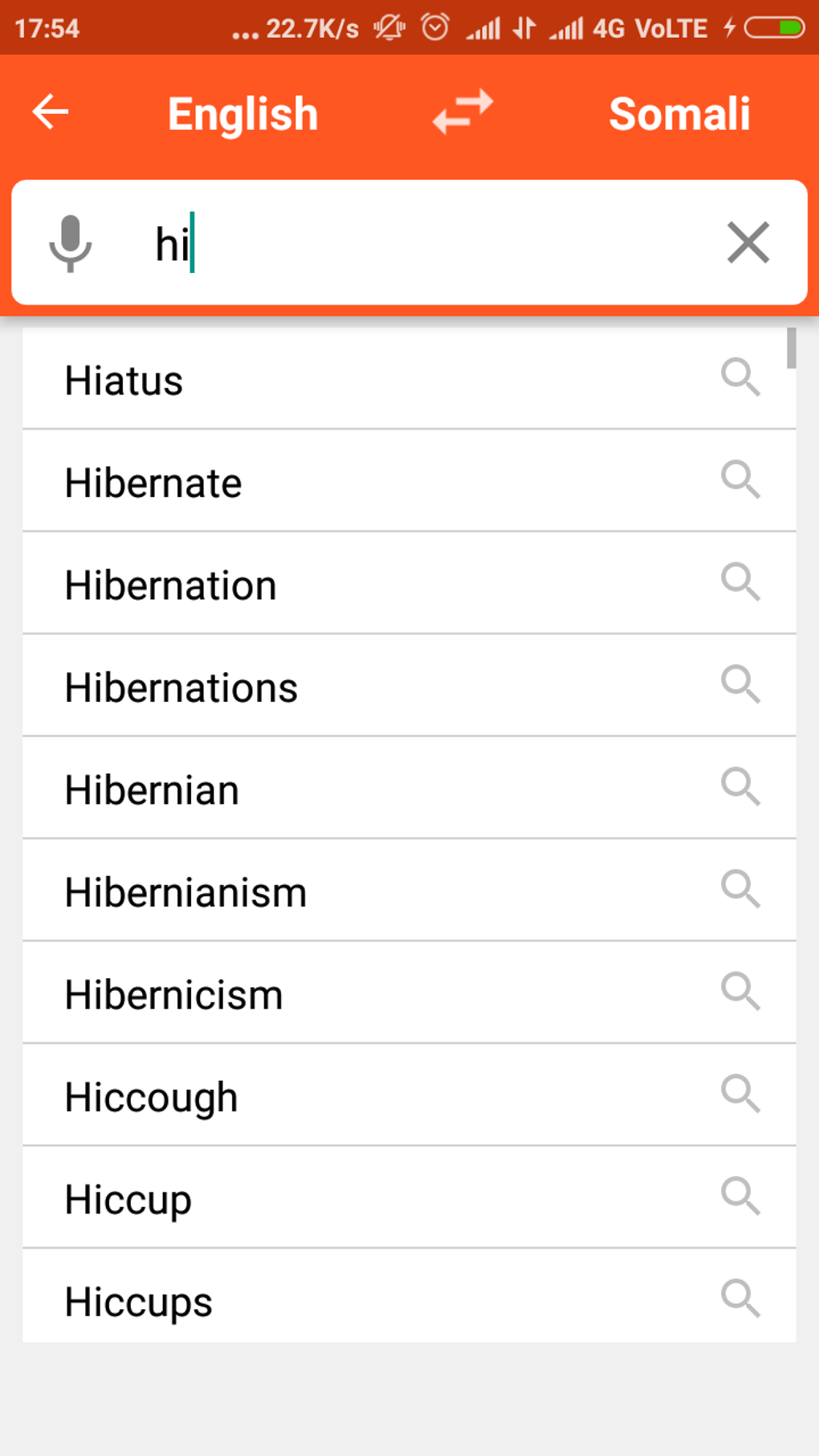Why has the Somali government taken drastic measures to ban certain digital platforms? A bold move such as this indicates a serious concern over security and content regulation. The decision to simultaneously ban TikTok, Telegram, and 1xBet reveals an underlying issue that extends beyond mere entertainment or communication tools. These bans reflect the government's commitment to addressing potential threats posed by these platforms, which have been exploited for illicit activities and extremist propaganda.
Al-Shabaab, a notorious affiliate of al-Qa`ida, continues to wreak havoc in East Africa with its sophisticated communications infrastructure. This includes a disciplined social media strategy that leverages platforms like Telegram for disseminating their messages. Even amidst intensified counterinsurgency efforts, the group's resilience underscores its technical prowess and adaptability. The Somali government's actions can be seen as a preemptive measure to curb the misuse of technology by terrorist organizations and safeguard national interests.
| Full Name | Not Applicable (Organization) |
|---|---|
| Date Established | 2006 |
| Location | Somalia, East Africa |
| Affiliation | Al-Qa`ida |
| Primary Communication Platforms | Telegram, Social Media Channels |
| Official Website | U.S. Department of State - Somalia |
The simultaneous banning of TikTok, Telegram, and 1xBet raises questions about the motivations behind such a sweeping policy. While the official reason cited is the presence of horrific content, there are suspicions surrounding the broader implications. These platforms have been utilized not only for recreational purposes but also as conduits for illegal gambling operations and extremist ideologies. By targeting them, the Somali authorities aim to dismantle networks that could undermine public safety and moral standards.
Wasmo Somali Telegram channels have emerged as vibrant hubs for cultural exchange and entrepreneurial ventures. However, they also present challenges in terms of content moderation and ensuring compliance with legal frameworks. As these communities grow, so does the responsibility to maintain a balance between freedom of expression and responsible usage. Entrepreneurs leveraging these platforms must adhere to guidelines that prevent exploitation and promote ethical practices.
The ban imposed by the Somali Ministry of Communications and Technology highlights the complexities involved in regulating digital spaces. Popular platforms like TikTok and Telegram have become integral parts of modern communication, yet their misuse necessitates stringent measures. The prohibition seeks to address concerns related to cybersecurity, privacy, and the spread of harmful material. It serves as a reminder that technological advancements require corresponding regulatory frameworks to protect users and society at large.
In a Virginia courtroom, harrowing details emerged regarding torture inflicted by Somali pirates on captured crewmembers. During the trial, it was revealed that hostages endured severe mistreatment, including threats of execution, suffocation via plastic bags, and other forms of physical abuse. This grim narrative sheds light on the brutal realities faced by those who fall victim to piracy off the coast of Somalia. Such incidents underscore the importance of international cooperation in combating maritime crimes and protecting global shipping routes.
Cultural groups like Somali-Habesha-Hijab play a crucial role in fostering understanding and unity among diverse communities. These initiatives provide opportunities for dialogue, collaboration, and mutual respect. By embracing shared values and traditions, participants contribute to building harmonious societies where differences are celebrated rather than divisive forces. Such endeavors exemplify the positive potential of digital platforms when used constructively for social good.
Beyond the immediate impact of banning specific applications, the long-term effects remain uncertain. Striking a balance between restricting access to potentially harmful content and preserving individual freedoms poses significant challenges. Policymakers must carefully consider the implications of their decisions while engaging stakeholders in meaningful discussions about digital governance. Only through collaborative efforts can effective solutions be developed to address the evolving landscape of online threats and opportunities.
The interplay between technology, security, and culture continues to shape the dynamics within Somalia and beyond. As new platforms emerge and existing ones evolve, the need for robust policies becomes ever more pressing. Governments, tech companies, and civil society must work together to create environments conducive to innovation while safeguarding against misuse. In doing so, they pave the way for a future where technology enhances human lives without compromising safety or integrity.
Ultimately, the decisions made today will define the trajectory of tomorrow's digital world. By learning from past experiences and adapting to emerging trends, stakeholders can navigate the complexities of our interconnected era. Whether addressing the menace of extremist propaganda or promoting inclusive digital ecosystems, the collective effort required to achieve these goals remains paramount. Through sustained commitment and visionary leadership, progress towards a safer, more equitable digital realm becomes attainable.




